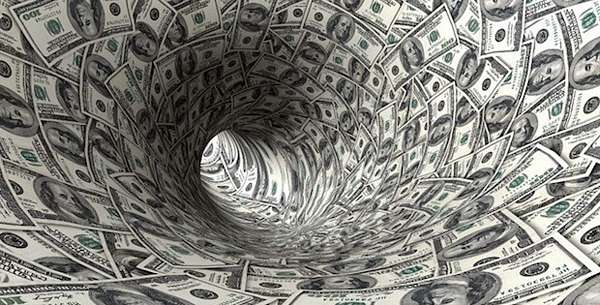
Apple has $137 billion of cash on its balance sheet (as of 12-Feb-2013.) Microsoft has $68 billion, Google $48 billion, Cisco $45 billion, and Oracle has $34 billion.
Too much cash on a company’s balance sheet is not necessarily a good thing. Large cash balances reduce shareholder value because they produce lower returns on invested capital. Further, excess cash puts pressure on corporate management to put the cash to work. Often, management chases wrongheaded acquisition strategies or make poor capital allocation decisions.
Peter Lynch alluded to a bladder theory of corporate finance in his classic, “One Up On Wall Street: How To Use What You Already Know To Make Money In The Market.”
… as propounded by Hugh Liedtke of Pennzoil: the more cash that builds up in the treasury, the greater the pressure to piss it away.
Bladder theory of corporate finance states that the more cash that builds up in the treasury of an organization, the greater the pressure to piss it away. Stock repurchases, dividend increases, and special dividends are effective uses of excessive cash on balance sheets. J Hugh Liedtke, former CEO of Pennzoil, believed that “companies should pay out cash so the managers wouldn’t drain all the money away.”